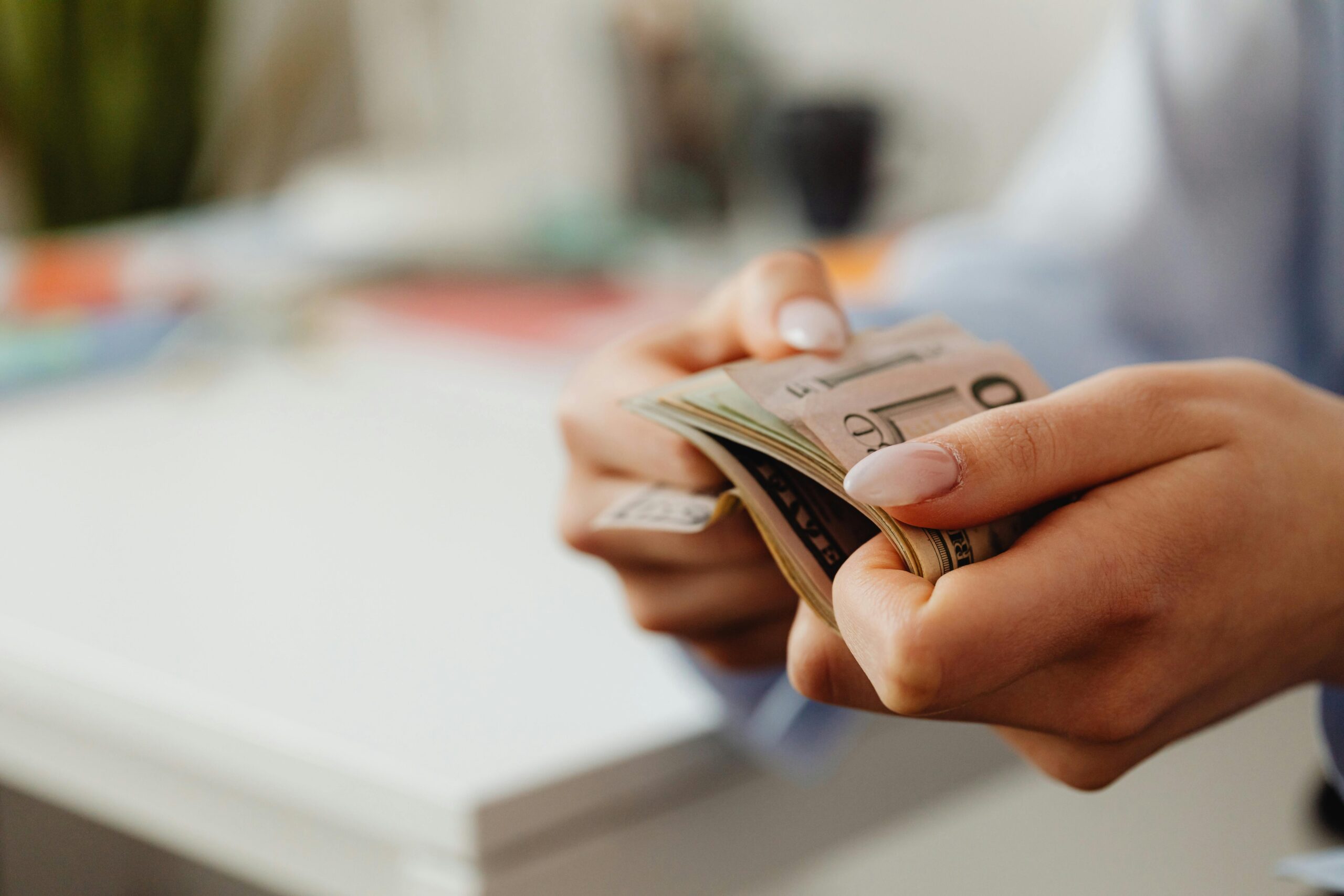Why This Article Matters
Gambling addiction recovery isn’t a straight line. Many people experience setbacks, slips, or full relapses along the way. While painful, a gambling relapse can become a powerful opportunity for reflection, recommitment, and growth.
This guide explores how to manage relapse with compassion, recognize early warning signs, and rebuild your recovery plan with strength and support. Whether you’re supporting yourself or someone else, this is your roadmap for renewal—not shame.
What Is a Gambling Relapse?
A gambling relapse is a return to betting after a period of abstinence. It differs from a slip, which tends to be a brief, one-time lapse. A relapse often involves falling back into destructive patterns like secrecy, emotional withdrawal, or financial risk—and can feel deeply discouraging.
But relapse is incredibly common. Research shows that up to 90% of people in gambling recovery relapse at some point. What matters most is not the slip itself—but how you respond afterward.
Recognizing the Warning Signs
Relapse rarely happens out of the blue. It often begins with subtle shifts in behavior or mindset. Recognizing these signs early helps interrupt the cycle:
- Fantasizing about gambling or chasing past wins
- Rationalizing a “small bet” or testing limits
- Skipping therapy or support group meetings
- Mood changes such as irritability, anxiety, or emotional withdrawal
- Returning to high-risk environments or gambling-related content
What to Do After a Gambling Relapse
If you’ve experienced a gambling relapse, take heart—recovery is not about perfection. It’s about showing up again, learning from the moment, and choosing a better next step.
- Pause and Reflect
Take a breath. Acknowledge what happened without self-blame. Ask: What triggered this? What was I feeling or trying to avoid? Insight begins here—not shame. - Reach Out for Support
Call a friend, therapist, or sponsor. Connection brings relief—and reminds you that you’re not alone. - Revisit Your Recovery Plan
Update your strategies. Recommit to boundaries. Consider new tools like gambling blockers or financial safeguards. - Practice Self-Compassion
Relapse is a message, not a moral failure. Speak to yourself kindly. Compassion builds resilience.
Rebuilding After Relapse: Strengthening Your Recovery
Once you’ve stabilized emotionally and financially, use this time to rebuild your recovery stronger than before:
- Start a daily check-in ritual to track urges, emotions, and triggers
- Strengthen your support circle with new meetings or an accountability partner
- Reaffirm your “why” by journaling reasons for recovery and reading them often
- Create non-cash rewards for recovery milestones—30 days, 90 days, etc.
Helpful Resources for Gambling Relapse Recovery
Recommended Reading
- Gambling Addiction: The Complete Guide to Survival, Treatment, and Recovery by David Peters – A compassionate and practical guide for those rebuilding after relapse.
- Addicted to Dimes by Catherine Townsend-Lyon – A powerful memoir that explores the emotional toll of relapse and long-term recovery.
- A Day at a Time – Daily meditations from Gamblers Anonymous to provide grounding and perspective.
Supportive Podcasts
- All Bets Are Off – Candid conversations about relapse, recovery struggles, and healing journeys.
- The Ambitious Addicts Podcast – Support for rebuilding habits, identity, and confidence after addiction.
- Fantasy or Reality: The GPP – A deep look into the mind of those recovering from gambling relapse.
Gentle Steps Forward
- Subscribe to our newsletter for weekly tools and emotional support
- Explore our Emotional Support Resources if you’re walking this journey with someone you love
Frequently Asked Questions on Gambling Relapse
Is gambling relapse normal during gambling recovery?
Yes. Relapse is common and often expected in recovery. It’s not a measure of failure—it’s a moment that can deepen your understanding of your needs and triggers.
Should I reset my recovery day count after a relapse?
Some people find it helpful to start fresh, while others continue their count as a continuum. The most important thing is how you respond and recommit to the process—not the number.
How do I avoid another relapse?
Awareness is your best defense. Create a personalized relapse prevention plan, increase support, identify high-risk situations, and keep refining your self-care and coping skills.
Final Thought
Relapse doesn’t erase your progress. It’s a reminder that healing is layered—and that you’re still learning, growing, and worthy of support.
You’re not starting over. You’re starting again—with more insight, more strength, and more compassion.
Start Your Healing Journey
If you’re ready to start your own recovery, follow our Gambling Recovery Roadmap for a proven step-by-step plan.
Continue Your Healing Journey
- What Is Gambling Addiction? Signs, Causes, and How to Get Help
- 10 Warning Signs of Gambling Addiction (And How to Break Free)
- Gambling Debt Recovery: How to Reclaim Financial Control and Emotional Peace
- Gambling Addiction and Relationships: How It Hurts—and How to Heal Together
- Gambling Recovery Toolkit: Essential Resources to Reclaim Your Life
Join the High Stakes Healing Community
Subscribe to our newsletter for recovery tools, honest stories, and expert guidance. Join now and stay connected to a supportive, healing space dedicated to long-term gambling recovery.





